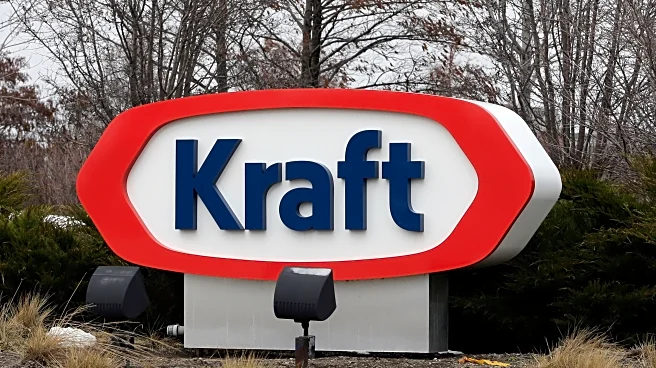What's Happening?
UK employers are facing challenges with lengthy hiring processes, with 67% reporting difficulties in finding quality candidates. A survey by Indeed revealed that many employers have hard-to-fill roles open for extended periods, leading to lost candidates. To address these issues, employers are increasingly turning to AI technologies to streamline hiring and improve candidate matching. However, the use of AI in hiring also presents challenges, such as overzealous screening and the need for human oversight.
Why It's Important?
The inefficiencies in hiring processes can have significant impacts on businesses, affecting their ability to attract and retain talent. By adopting AI solutions, employers can potentially reduce hiring times and improve the quality of candidates, enhancing their competitiveness in the job market. However, the reliance on AI also raises concerns about the accuracy and fairness of automated decision-making, highlighting the need for careful implementation and oversight.
What's Next?
Employers are expected to continue exploring AI technologies to improve hiring processes, with a focus on balancing automation with human oversight. The adoption of AI could lead to more efficient and effective recruitment strategies, but it will also require adjustments in HR practices and policies. As AI becomes more integrated into hiring, businesses will need to address potential biases and ensure transparency in their processes.
Beyond the Headlines
The shift towards AI-driven hiring processes reflects broader trends in the use of technology to enhance business operations. This could lead to changes in workforce dynamics, with employees needing to adapt to new technologies and processes. Additionally, the ethical implications of AI in hiring will need to be addressed, ensuring fairness and accountability in recruitment practices.










